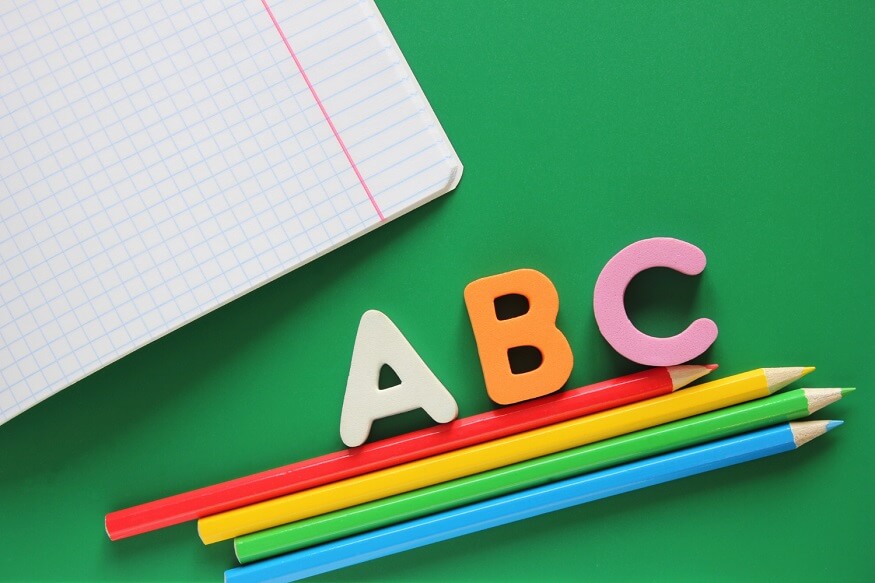Financial Literacy Education is the process of gaining information and skills connected to effectively handling personal money. It involves understanding ideas like budgeting, saving, investing, debt management, and financial planning. Financial literacy is important because it enables people to make educated financial decisions, develop the complicated rules of the financial world, and accomplish their financial objectives.
Students who learn how to handle money responsibly can improve their financial well-being, avoid Money problems, and secure their future. Individuals are able to achieve financial independence and privacy via financial literacy education.
Benefits of Financial Literacy Education for Students:
Financial literacy education offers numerous benefits and holds significant importance for individuals of all ages, especially teens and students. Here are some key advantages and career ideas associated with financial literacy education:
Enhanced Financial Decision-Making:
Financial literacy education equips individuals with the knowledge and skills to make informed financial decisions. It helps them understand concepts like budgeting, saving, investing, and managing debt. Using this knowledge, teenagers and students may make sensible financial decisions, avoid excessive debt, and plan for the future.
Improved Money Management Skills:
Financial literacy for teens provides practical skills to manage money effectively. It teaches teens and students about creating budgets, tracking expenses, and setting financial goals. These skills foster responsible money management habits, enabling individuals to live within their means, save for emergencies, and prioritise their spending.
Debt Avoidance and Management:
One crucial aspect of financial literacy education is understanding the implications of debt and learning effective debt management strategies. Students can learn about many different kinds of debt, such as student loans and credit cards, and create techniques to prevent being overly loaded. They also gain knowledge on strategies to repay debt efficiently, such as debt consolidation and repayment plans.
Building Wealth and Investing:
Financial literacy in schools introduces the concept of investing and its potential to build wealth over time. Stocks, bonds, mutual funds, and real estate are some of the investing possibilities available to teenagers and students. Understanding investing fundamentals enables people to make educated investment decisions, expand their portfolios, and work towards long-term financial objectives.
Entrepreneurship and Business Skills:
Financial literacy education often includes elements of entrepreneurship and business management. Teens and students can learn about starting and running a business, financial planning for entrepreneurial ventures, and understanding profit and loss. These skills can inspire individuals to pursue entrepreneurial opportunities and develop a strong foundation for their future business endeavours.
Financial Independence and Stability:
Financial literacy for teens and students develops the skills necessary for achieving financial independence and stability. By understanding how to manage their finances effectively, individuals can reduce financial stress, build an emergency fund, and work towards financial goals such as homeownership or retirement.
Consumer Awareness and Protection:
Individuals are also taught about their rights and responsibilities as consumers via financial literacy for teens. It teaches children how to assess financial products and services, compare prices, and identify potential scams or fraudulent actions. This information helps teenagers and students to make educated decisions when interacting with financial organisations and keeps them safe from fraudulent transactions.
Also Read: Interesting Ways to Teach Your Child the Value of Money
Career Ideas for Financial Literacy Education:
Financial Educator or Trainer:
A career as a financial educator or trainer involves teaching financial literacy to individuals or groups. This can be done via workshops, seminars, or educational programs. The role of financial educators in teaching personal finance, budgeting, investing, and debt management is very crucial.
Financial Planner/Advisor:
Financial planners or advisors help individuals and families develop comprehensive financial plans based on their goals and circumstances. They assess their clients’ financial situations, provide guidance on budgeting, saving, investing, and retirement planning, and offer strategies to achieve financial objectives.
Credit Counsellor:
Credit counsellors provide guidance and assistance to individuals struggling with debt management. They assess clients’ financial situations, develop debt management plans, negotiate with creditors, and offer education on responsible credit use.
Personal Finance:
A career in personal finance writing or blogging involves creating content that educates readers on various financial topics. This could include budgeting tips, investment strategies, debt management advice, and other personal finance-related information.
Financial Analyst:
Financial analysts operate in a number of industries, including banking, money managers, and finance companies. They analyse financial data, evaluate investment opportunities, and provide insights and recommendations to clients or organisations.
Entrepreneurial Ventures:
Individuals with financial literacy skills can explore entrepreneurial opportunities related to financial education. They can develop online courses, create educational apps, or start consulting businesses to help others improve their financial literacy.
Nonprofit Financial Literacy Organisations:
Many nonprofit organisations work to increase financial literacy among specific groups or areas. Working for such organisations can involve developing and executing financial education programs, conducting seminars, or supervising marketing projects.
Also Read: Commerce Stream Career Options after 10th and List of Courses after 12th
How does life change without financial education?
Life without financial literacy for teens or students can be tough and can have many kinds of bad effects. Students who lack financial literacy could struggle to successfully manage their money, resulting in problems with money, debt, and bad financial judgments. They may be unable to manage their money, save for the future, or make educated financial choices.
Furthermore, they may become consumers of financial fraud, be unaware of their consumer rights, and make impulsive purchase decisions. In an increasingly challenging financial environment, a lack of knowledge about finances could affect their capacity to reach financial independence, protect their future, and make educated financial choices.
Financial Literacy in Schools:
- Integrate financial literacy in schools’ education into the curriculum.
- Provide dedicated financial literacy courses or workshops.
- Educate students on budgeting, saving, and basic financial concepts.
- Offer resources and tools to develop financial skills.
- Encourage experiential learning through simulations and real-world applications.
- Collaborate with financial institutions or experts for guest lectures.
- Foster a culture of responsible financial habits and decision-making.
Conclusion:
At EuroSchool, we understand that financial literacy in school education offers numerous benefits and is crucial for teens and students. Financial education in schools is a crucial investment in the future of students. By starting early, we can provide students with a strong foundation for a financially secure and successful future. Together, let us embrace financial education in schools and prepare students to thrive in an ever-changing financial landscape.











